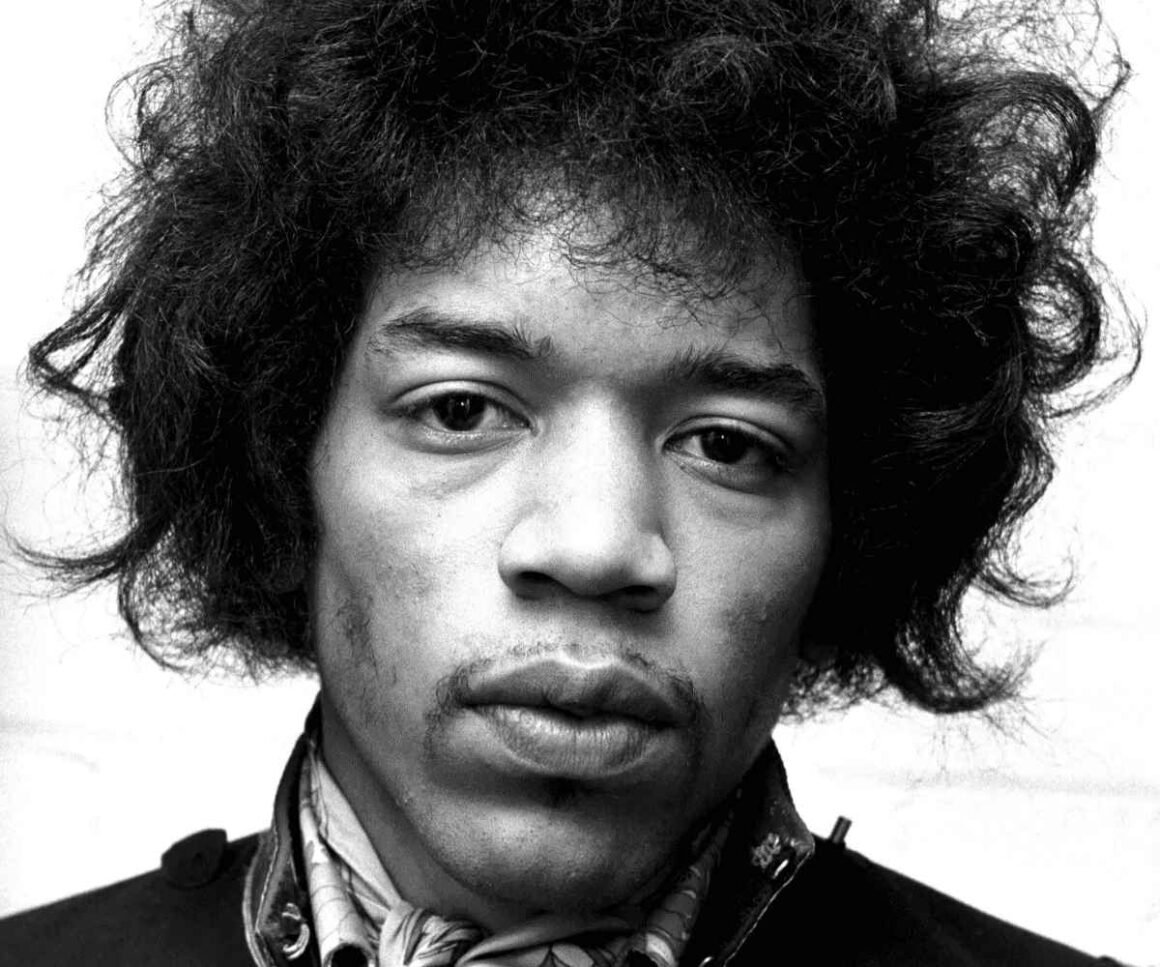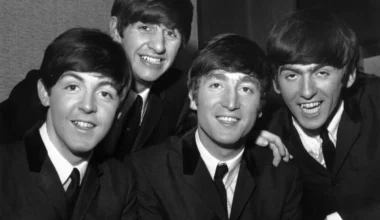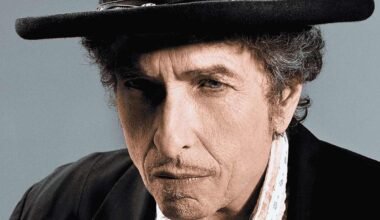Jimi Hendrix was a unifying force in the rock world, admired by nearly everyone, including the biggest names like The Beatles and The Rolling Stones. Unlike many of his peers, Hendrix wasn’t one to publicly badmouth other bands.
His immense self-confidence kept him out of petty feuds, and he usually reserved his critical thoughts for private conversations with trusted friends.
One of the bands Hendrix had strong, though unspoken, opinions about was Led Zeppelin. While many hailed the group, featuring Robert Plant, Jimmy Page, John Paul Jones, and John Bonham, as rock virtuosos, others viewed them as a band that appropriated Black American music without proper acknowledgment.
Unlike The Rolling Stones, who openly credited their influences, Led Zeppelin was often criticized for borrowing material without giving due recognition, which was a significant issue for Hendrix.
Though Hendrix didn’t air these grievances publicly, his feelings about Led Zeppelin were later revealed by Carmine Appice, drummer of Vanilla Fudge.
In a 2006 interview, Appice recalled a conversation with Hendrix in the 1960s, where Jimi criticized Zeppelin for being “excess baggage” and accused them of stealing music from other artists.
According to Appice, Hendrix specifically noted that tracks like “You Shook Me” had already been featured on Jeff Beck’s album, and that Zeppelin’s “Dazed and Confused” had elements of Vanilla Fudge’s style and pieces from “Beck’s Bolero.”
Appice himself didn’t mind the borrowing. He saw music as an art form that thrives on cross-pollination and even shared a light-hearted moment with Zeppelin’s John Bonham, who admitted to borrowing a bass drum technique from Appice, which he had taken from an earlier Vanilla Fudge record.
However, Hendrix wasn’t as forgiving. Robert Plant once recalled Hendrix teasing Bonham for his footwork, likening it to a rabbit’s fast movements and poking fun at his use of a double bass drum, a setup Hendrix and his peers often joked about. For Hendrix, Zeppelin’s habit of taking and adapting other artists’ work was a major turn-off.
In a 1970 interview, Hendrix openly admitted his lack of enthusiasm for Led Zeppelin, saying, “I don’t think much of Led Zeppelin—I mean, I don’t think much about them.”
Though he later softened the blow by praising Jimmy Page’s guitar skills, his apathy toward the band was clear.
Sadly, Hendrix and Zeppelin never had the opportunity to perform together. Jimmy Page expressed regret over never seeing Hendrix live, lamenting the missed chance to witness his legendary performances.
Hendrix’s tragic death in 1970 meant he never saw Zeppelin evolve into the rock giants they became in the years that followed, when they began to step away from their early influences and forge a more distinctive sound.








